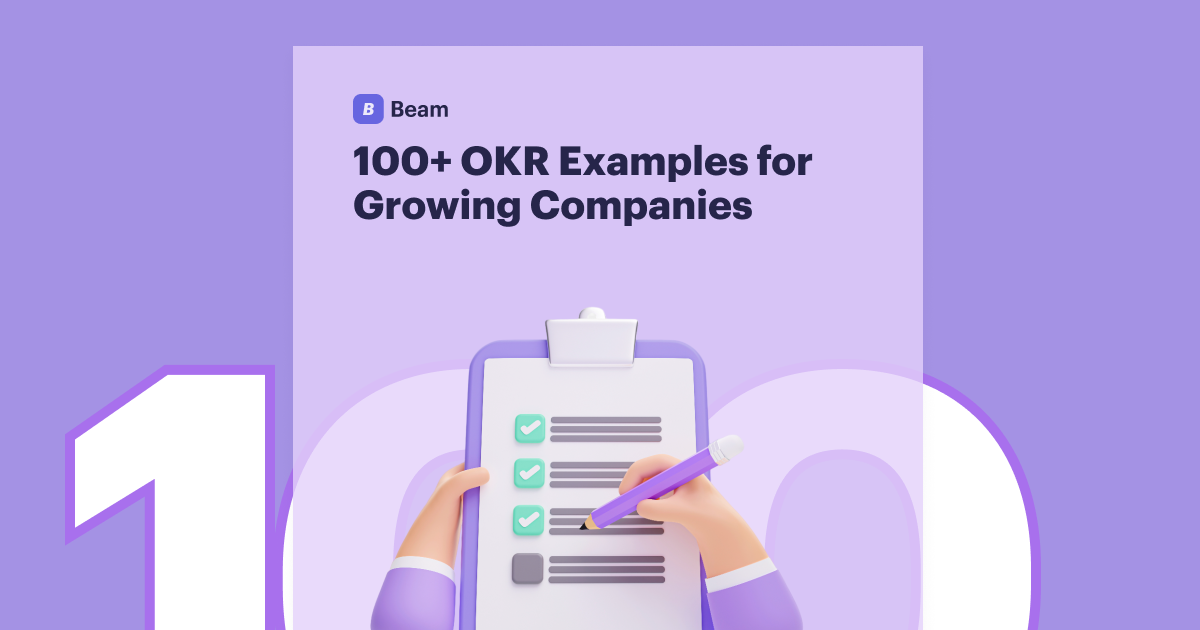Ethical Considerations when Using AI for OKRs
While AI offers immense benefits, its use, especially in a framework as central as OKRs, comes with important ethical considerations. Responsible AI usage is paramount to maintaining trust, fairness, and effectiveness.
- Bias in Data and Output:
- Concern: AI models are trained on vast datasets. If this data contains biases (e.g., historical performance data that reflects systemic inequities, or language models trained on biased internet content), the AI's suggestions for OKRs, risks, or even coaching feedback could inadvertently perpetuate those biases.
- Mitigation: Be aware of the data you feed the AI. Critically review AI output for any signs of unfairness or stereotypes. Supplement AI insights with diverse human perspectives. Do not solely rely on AI for critical decisions.
- Concern: AI models are trained on vast datasets. If this data contains biases (e.g., historical performance data that reflects systemic inequities, or language models trained on biased internet content), the AI's suggestions for OKRs, risks, or even coaching feedback could inadvertently perpetuate those biases.
- Privacy and Confidentiality:
- Concern: Feeding sensitive company strategies, performance data, or individual team member progress into a public AI tool (like a generic chatbot) poses significant privacy risks. This information could be used by the AI provider to train their models, or it could be inadvertently exposed.
- Mitigation: Only use AI tools that guarantee data privacy and confidentiality (e.g., enterprise-grade solutions with strict data handling policies). Avoid putting highly sensitive, non-public company data into general-purpose AI models without understanding their data retention and usage policies. Anonymize data where possible.
- Concern: Feeding sensitive company strategies, performance data, or individual team member progress into a public AI tool (like a generic chatbot) poses significant privacy risks. This information could be used by the AI provider to train their models, or it could be inadvertently exposed.
- Over-Reliance and Loss of Critical Thinking:
- Concern: It's easy to become overly reliant on AI's suggestions, passively accepting its output without critical human review. This can lead to a decline in strategic thinking skills within the team and a failure to identify unique insights that AI might miss.
- Mitigation: Treat AI as an assistant or co-pilot, not a replacement for human judgment. Always critically evaluate AI-generated OKRs, risks, or strategies. Use AI to augment brainstorming, not to replace it. Encourage team members to challenge AI's suggestions and bring their own expertise.
- Concern: It's easy to become overly reliant on AI's suggestions, passively accepting its output without critical human review. This can lead to a decline in strategic thinking skills within the team and a failure to identify unique insights that AI might miss.
- Transparency and Explainability:
- Concern: AI's decision-making process can sometimes be a "black box." If an AI suggests a particular OKR or risk, it might be hard to understand why it made that suggestion, potentially leading to a lack of buy-in or trust.
- Mitigation: When using AI, ask it to "show its work" or "explain its reasoning." Focus on tools that provide some level of explainability. When presenting AI-assisted OKRs, be prepared to articulate the underlying human and AI-driven rationale.
- Concern: AI's decision-making process can sometimes be a "black box." If an AI suggests a particular OKR or risk, it might be hard to understand why it made that suggestion, potentially leading to a lack of buy-in or trust.
- Data Security and Access Control:
- Concern: If integrating AI directly into your OKR management system, ensure robust security protocols are in place to prevent unauthorized access to your OKR data.
- Mitigation: Choose reputable vendors with strong security certifications. Implement strict access controls for who can interact with the AI and what data it can access.
- Concern: If integrating AI directly into your OKR management system, ensure robust security protocols are in place to prevent unauthorized access to your OKR data.
By approaching AI integration with a mindful and critical perspective, you can harness its transformative power to achieve OKR mastery while safeguarding your organization's integrity and fostering a truly intelligent and adaptive goal-setting culture. The future of OKRs is undoubtedly intertwined with AI, but it's a future that demands responsible and ethical engagement.
Up Next
Start Over - Chapter 1
Chapter 9
Chapter 8
Chapter 7
Chapter 6
Chapter 5
Chapter 4
Chapter 3
Chapter 2

More OKR Resources

100+ OKR Examples
How do you create compelling presentations that wow your colleagues and impress your managers?
Check out examples

Free Feedback Framework Template
Linear helps streamline software projects, sprints, tasks, and bug tracking. Here’s how to get started.
Download free template




